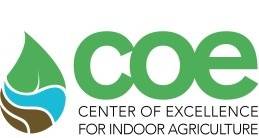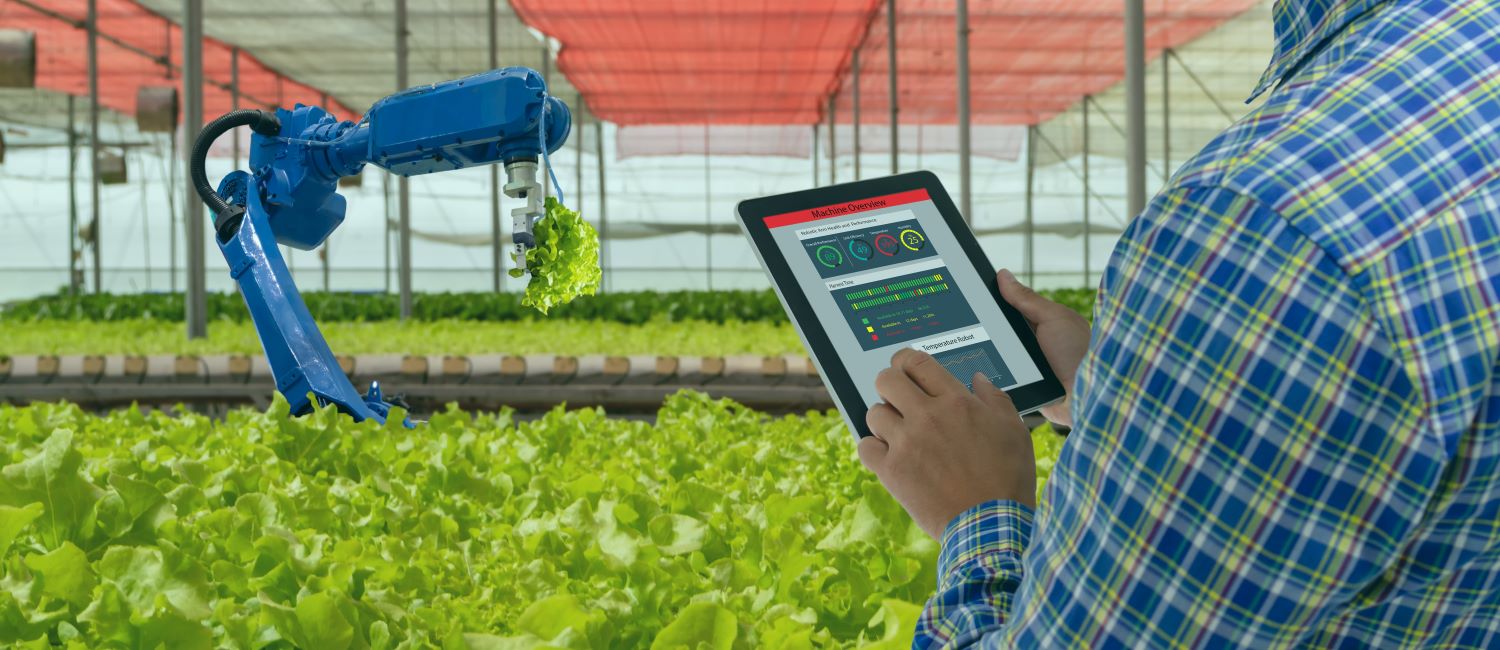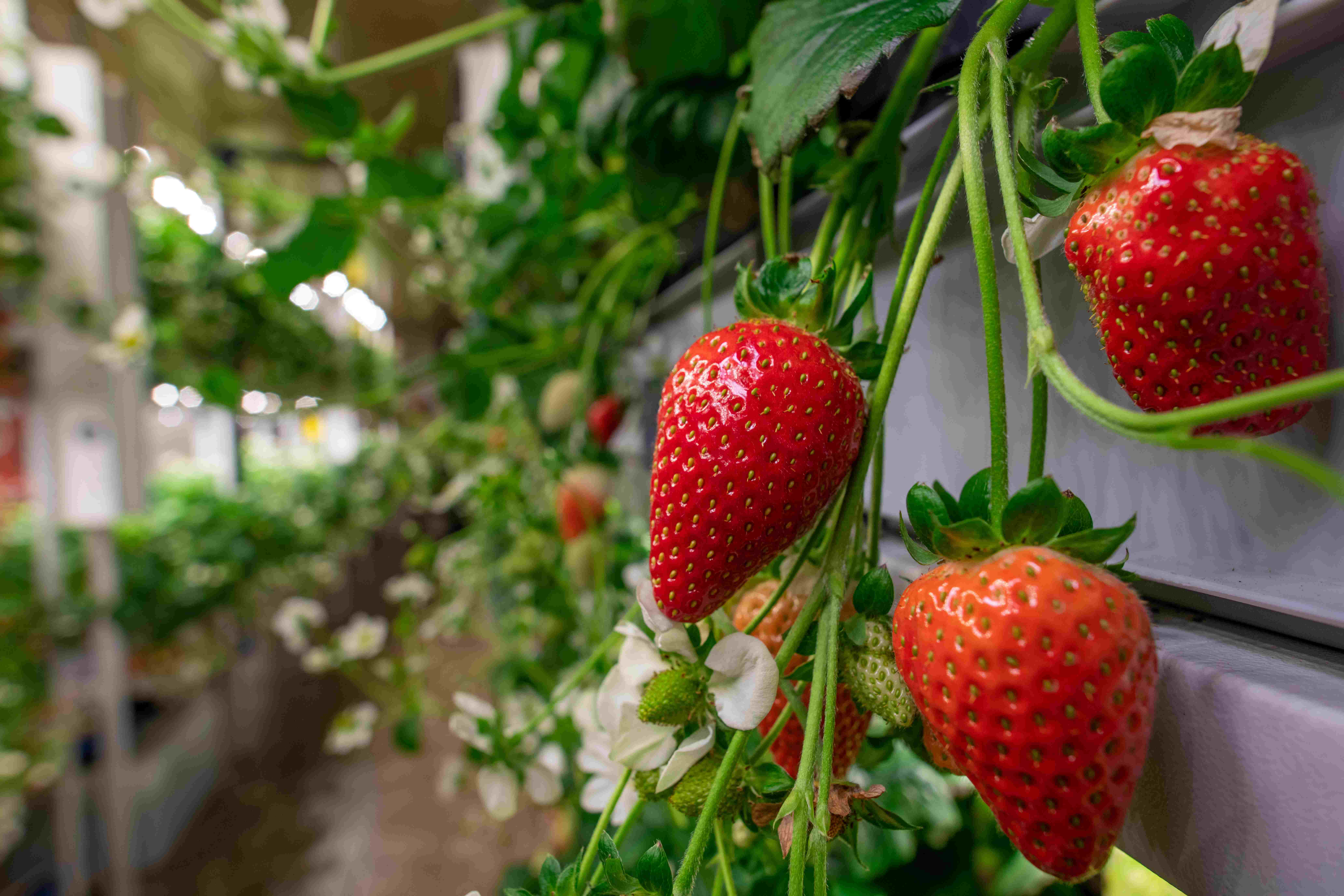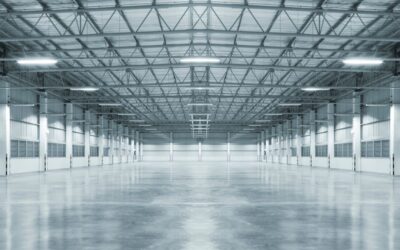Publication Profile
The following is a profile of a book chapter by Dr. Eric W. Stein on the Digital Transformation of Agriculture.
Citation
Source: Stein, Eric W. “The Digital Transformation of Agriculture: Industry 4.0 Advances in Hydroponic Vertical Farms and Greenhouses.” Book chapter to appear in: Digital Transformation and Society. Edited by Dr. Jay Liebowitz. World Scientific. 2024 (in production).
Acknowledgements
The author wishes to thank the following people and organizations for their support and contributions to this work: Dr. Gilwoo Lee, CEO of Zordi, Inc.; Neda Vaseghi (CEO) and Loren West (CTO) of Microclimates, Inc.; Sepehr Archard, CEO of iGrow News and Suzanne Pruit, Events Director at Indoor Ag-Con.
Keywords
digital transformation, agriculture, farming, vertical farming, greenhouse farm, hydroponics IoT, artificial intelligence, machine learning, robots, industry 4.0, agriculture 4.0
About the Author
Dr. Eric W. Stein is the Executive Director of the Center of Excellence for Indoor Agriculture and Associate Professor of Management Science and Information Systems at Penn State.
________________________________________________________________________________________
Excerpt
Introduction
This chapter explores the profound impact digital technologies have had on farming by revolutionizing agricultural practices and fostering more sustainable and efficient food production. We look at the integration of cutting-edge technologies, data analytics, and smart systems to optimize resource utilization, enhance crop yields, and address the challenges of contemporary agriculture. We have narrowed the scope of this research to examine a relatively new type of farming; i.e., indoor farming, which includes modern greenhouses and vertical farms. Indoor farming was made possible by advances in LED lighting, irrigation methods (e.g., hydroponics), facility environmental controls (Stein 2021), and advanced digital technologies aligned with Industry 4.0.
We begin with an examination of the meaning of digital transformation (DT) to frame a working definition of DT as it applies to agriculture. We then look at the parallel transformations of industry and agriculture based on the availability and application of evolving forms of information technology (IT), with particular attention paid to IoT, artificial intelligence (AI), machine learning (MI), big data (BD), robotics and blockchain. We then take a deeper look at the characteristics of indoor farms, the value proposition they offer to owners, investors, and consumers, the principal components of costs associated with these ventures, and their impact on the environment. To better understand how digital technologies can be leveraged to save costs and raise the value proposition of crops produced via this means, we lay out the value chain of the typical indoor farm.
Next, we outline the primary control systems that govern the production of crops indoors, discuss the role of building digital twins, and how to align these systems with the digital technologies that have the most promise of impacting the business models of agriculture enterprises. To contextualize these concepts, we describe the application of Industry 4.0 technologies to strawberry production at an indoor farm start-up venture. We close with a discussion of some of the future challenges, opportunities, and impacts that will result from the digital transformation of agriculture.
To Learn More>>>
Please look for the publication of the book:
Stein, Eric W. “The Digital Transformation of Agriculture: Industry 4.0 Advances in Hydroponic Vertical Farms and Greenhouses.” Book chapter to appear in: Digital Transformation and Society. Edited by Dr. Jay Liebowitz. World Scientific. 2024 (in production).
References
Stein EW. The Transformative Environmental Effects Large-Scale Indoor Farming May Have On Air, Water, and Soil. Air, Soil and Water Research. 2021;14. doi:10.1177/1178622121995819




